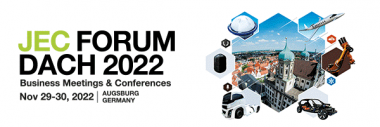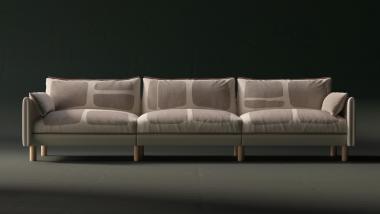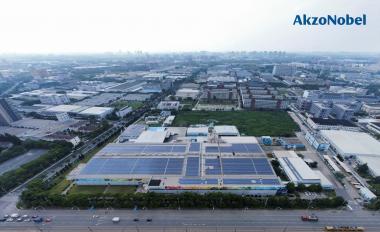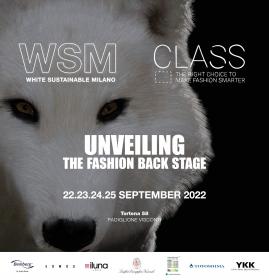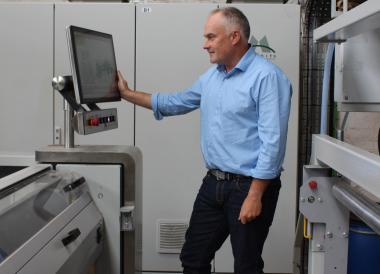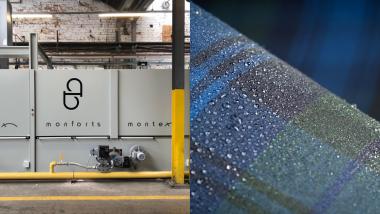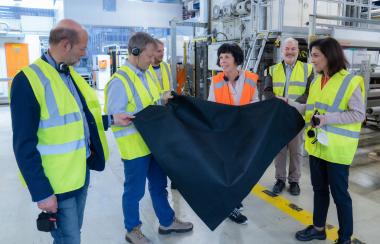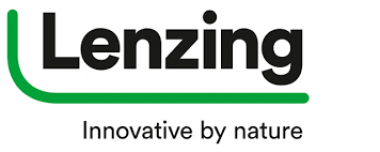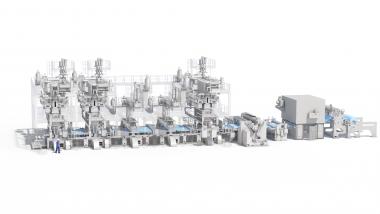JEC Forum DACH 2022 announces program
This year’s JEC forum DACH, taking place from November 29 to 30, 2022, is strategically located in a composites « golden triangle », between Munich, Augsburg and Ingelstadt. This dynamic area, at the heart of the Bavarian region is known to be hosting major companies such as Airbus, Faurecia, Kuka, Siemens, Voith Composites, KraussMaffei Technologies, Cevotec, Munich Composites, or Premium Aerotec, thus promising a two-days opportunity to meet with key decision makers.
The digital platform available to all participants prior to the event enables to schedule one to one business meetings between buyers and suppliers from the whole value chain of composites, as well as informal networking during breaks, lunches and evening event.
In total, 500 attendees, suppliers and buyers, from Germany, Austria and Switzerland, are expected to participate to JEC Forum DACH 2022.
Business meetings event*
DAY 1 – November 29, 2022:
- 10.15 – 11.45 am – “Keynote and Plenary Conference Session : Market Developments
- Moderator: Dr. Michael Effing, AVK
- 4.0 – 5.30 pm – “Keynote and Plenary Conference Session: Recycling of Composites
DAY 2 – November 30, 2022:
- 9.00– 10.30 am – “Keynote and Plenary Conference Session: Sustainability of Composites
- 3.15 – 4.45 pm – “Keynote and Plenary Conference Session: Innovations: Raw Materials, Processes and Applications
Celebrating composites innovation through awards and startup competition
- The AVK Innovation Awards: Goal is to promote and give prominence to new products/components and applications made from fiber-reinforced plastics (FRP) and promote new processes and methods for manufacturing FRP products.
- Startup Booster competition: The contest is open to entrepreneurs, SMEs, startups and academic spinoffs building innovative composite and advanced materials projects that are based in Germany, Austria or Switzerland (the DACH region).
*You can view the full program here.
JEC Group


